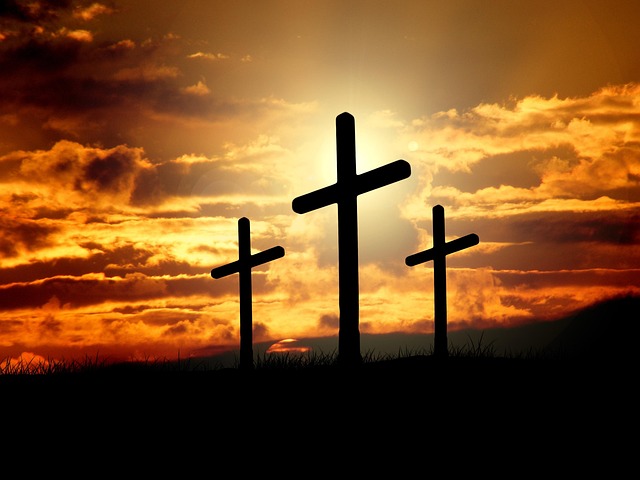Throughout human history, sacrifice has held a deep and significant place within various religious practices. It is fascinating how the concept of sacrifice transcends cultures and connects believers across different epochs. Ritual sacrifice is not merely an act of giving up something valuable; it serves as a profound expression of devotion, a means of communication with the divine, and a way to engage with life’s most challenging questions.
In many religious traditions, the act of sacrifice is an acknowledgment of something greater than oneself. Whether it’s through offerings of food, animals, or even symbolic items, these rituals serve to bind the community together in shared beliefs, creating a sense of belonging and purpose. In this context, sacrifice becomes an emblem of faith, a physical manifestation of the intangible hope and belief that unites practitioners in their spiritual journeys.
The significance of these rituals can be seen in various religions where they take on unique forms. In ancient Hindu practices, for example, fire sacrifices, known as Yajnas, symbolize the offering of one’s ego and desires to the sacred flames, embodying a transformational act of surrender. Similarly, in Christianity, the concept of Jesus’ sacrifice on the cross is pivotal, representing ultimate love and redemption. These acts of sacrifice echo through generations, shaping the moral and ethical frameworks within which adherents navigate their lives.
Sacrifice also serves a deeper psychological purpose. Engaging in these rituals can provide individuals with a sense of control over their destinies. During times of uncertainty, the structured nature of ritual sacrifice offers a pathway for individuals to express their hopes, fears, and desires. It becomes a form of catharsis, a way of processing life’s challenges while reinforcing the belief that their actions can influence their spiritual or communal circumstances.
Moreover, the communal aspect of ritualistic sacrifice fosters unity among participants. When individuals come together to partake in these sacred acts, they create a powerful bond that transcends individual experiences. It is within these moments that they find a shared purpose, cultivating compassion and empathy for one another. This collective experience reinforces the belief that they are part of something larger, a movement guided by spiritual aspirations, giving each participant a renewed sense of identity.
Even as societies modernize, the essence of sacrifice continues to resonate. Many contemporary spiritual movements adopt these rituals, adapting them to fit modern contexts. Whether through symbolic acts during service or collective community support, the transformative power of sacrifice remains relevant. It is an invitation to reflect deeply on what one is willing to give up for the sake of their beliefs, relationships, and personal growth.
Ultimately, exploring the role of ritual in religion reveals that sacrifice is not merely a relic of past traditions but a living, breathing practice that shapes human experience. As we reflect on our own values, desires, and the things we hold sacred, the act of sacrifice invites us to consider how we might contribute to the greater good. It inspires us to look beyond ourselves, connecting with others on a spiritual level and reminding us that, through shared sacrifices, we can cultivate a more compassionate world.




